|
|
|
History Events
YEAR OF EVENTS :

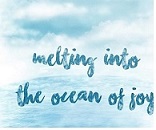
Saturdays March 5, 12 & 19 (3 parts) Fee: Free! Donation is welcome. 2:00 pm ~ 5:00 pm, Led by Reiki Asher & Harry Miller For those who are new to Chan meditation. This workshop is based on Buddhist meditation, including instruction on methods of sitting, breathing, walking, standing, sleeping, yoga exercises, self-massage. Pre-registration is required. Please CLICK HERE to sign up. Venue: Chan Meditation Center (91-26 Corona Ave. Elmhurst, NY 11373) 718-592-6593 [email protected]

February 27, Saturday Fee: Free (Donation is welcome) 9:00 am ~ 5:00 pm, Led by Harry Miller Chan Meditation Center 90-56 Corona Avenue Elmhurst, NY 11373 718-592-6593 [email protected]An opportunity for serious practitioners to sustain practice and receive guidance from meditation teachers. This retreat is open to people who have taken Beginners’ Meditation Class or already have an established meditation practice. The retreat will be held at CMC. Please call CMC at 718-592-6593 or register online.
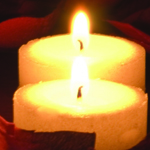
Saturday February 6, 2016 Time: 9:00am~5:00pm, by Abbot Ven. Guo Xing In Appreciation of the Teachings of the late Venerable Chan Master Sheng Yen. Vowing to Transmit the Life of Wisdom of the Buddha. Retreat includes: Sitting Meditation, Dharma talk. Space is limited. Pre-registration is required. (the registration is closed~) Chan Meditation Center 90-56 Corona Avenue Elmhurst, NY 11373 718-592-6593 [email protected]
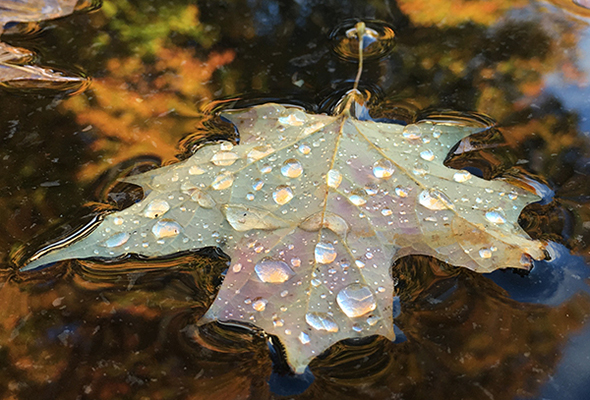
"Silently and serenely, forgetting all words, clearly and vividly, it appears before you." The above verse comes from "The Inscription on Silent Illumination," a poem composed by Master Hongzhi Zhengjue of the 12th century Caodong (Soto) lineage of the Chan school. This verse is a guideline for a method of practice, which he called "Silent Illumination" With this simple method, one cultivates relaxation and awareness of the state of body, mind, and environment. With the settling of wandering thoughts and conceptualization, there is "silence"; with the emergence of clarity, there is "illumination."
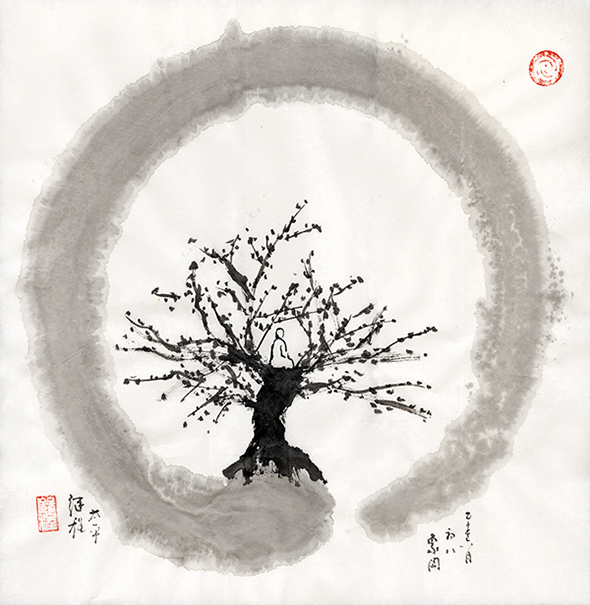
The purpose of Chan practice is to clarify our mind and see into our self-nature. To do this, we must clean up the impurities that make our minds muddled, cloudy, and opaque. These impurities are the illusory thoughts, or wrong perceptions, which we attach to, causing ourselves suffering and distress. Our self-nature is the wisdom that is characteristic of a buddha, an awakened person. Actually, at heart, all people possess this wisdom, as our very own nature is identical with awakening. If we can leave behind our attachment to thoughts and perceptions, then we will wake up to the wisdom within us, and be able to resolve the problem of our stress and anxiety. On this Chan retreat, you will be presented with two methods of Chan meditation; silent illumination and huatou. You will learn how to use these methods to cultivate wisdom on intensive retreat as well as in daily life. It's up to you to choose one as your main method. If you would like to learn more about huatou practice, read Shattering The Great Doubt by Chan Master Sheng Yen. If you would like to learn more about silent illumination practice, read
The Method of No Method by Chan Master Sheng Yen.
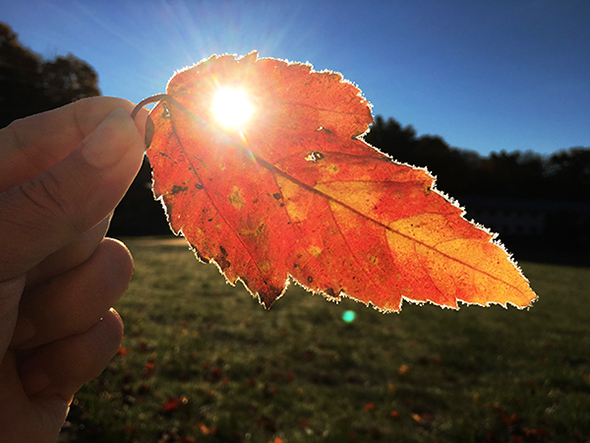
“Who am I?” Thoroughly confronting this question can take us directly to the center of our being. Over the course of this five-day retreat you will investigate the question "Who am I?" within a standard retreat framework, using silent meditation in conjunction with a unique method of verbal inquiry. This format allows you to use words to go beyond words and thereby enter the main gate of Chan. The intensive nature of this process of inquiry drives each practitioner into a self-presentation that is difficult to experience in other ways. To guide and support you, personal interviews with the teachers are offered regularly throughout the retreat. With whole-hearted engagement this retreat may lead to the acceptance of self, the experience of "self at ease," and may even provide an opportunity for direct insight into the ground of being. This retreat was developed by the Western Chan Fellowship (WCF) founded by the late Dr. John Crook, an English Dharma heir of Master Sheng Yen. The retreat is designed for individuals who have received a Western education, and are currently led by Dr. Simon Child and the WCF faculty. Simon Child's talks and participant retreat reports
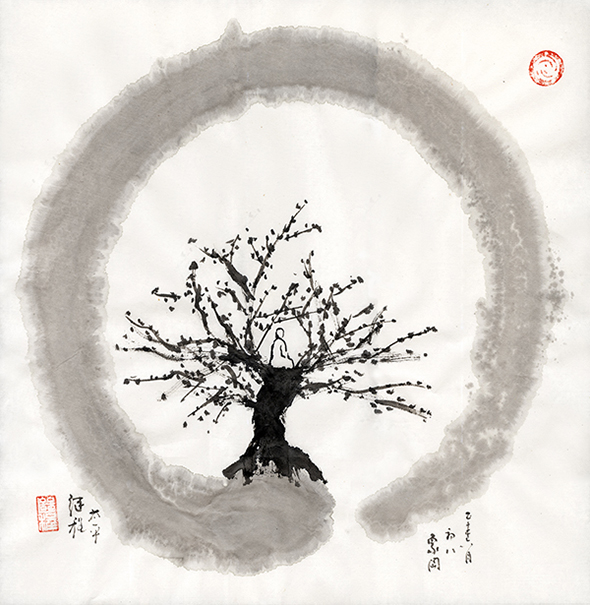
The purpose of Chan practice is to clarify our mind and see into our self-nature. To do this, we must clean up the impurities that make our minds muddled, cloudy, and opaque. These impurities are the illusory thoughts, or wrong perceptions, which we attach to, causing ourselves suffering and distress. Our self-nature is the wisdom that is characteristic of a buddha, an awakened person. Actually, at heart, all people possess this wisdom, as our very own nature is identical with awakening. If we can leave behind our attachment to thoughts and perceptions, then we will wake up to the wisdom within us, and be able to resolve the problem of our stress and anxiety. On this Chan retreat, you will be presented with two methods of Chan meditation; silent illumination and huatou. You will learn how to use these methods to cultivate wisdom on intensive retreat as well as in daily life. It's up to you to choose one as your main method. If you would like to learn more about huatou practice, read Shattering The Great Doubt by Chan Master Sheng Yen. If you would like to learn more about silent illumination practice, read The Method of No Method by Chan Master Sheng Yen.
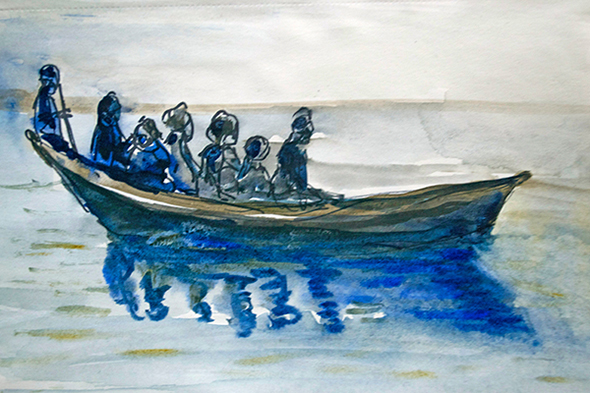
Beginner's Mind Retreat - September 2-4, 2016
photo by Rikki Asher
A "Beginner's mind" is a mind open to experiencing life in the present moment, free from preconceived notions and expectations -- a mind open to genuine understanding and self-realization. If you are new to meditation practice, or have never participated in a retreat, this is an ideal way to begin your spiritual journey.
In addition to sessions of seated meditation, this retreat features interactive workshops:
The Art of Sitting
Quintessential instructions on seated meditation in the Chan tradition, also teaches various ways to massage the body. An opportunity for students to ask questions and difficulties relating to practice.
The Art of Walking
Teaches three forms of walking meditation methods: slow walking, fast walking, and natural walk. Very often we take walking for granted. But the art of walking can show us how to open up new possibilities in our experience of the world.
The Art of Questioning
Explores the fundamental question of who we are as human beings through an introduction to the Chan Gong'an (Japanese: Koan) method, which confronts the most fundamental questions of our existence. The quest for meaning is the drive behind all Buddhist practitioners. The format of this workshop is dialogue and discussion.
The Art of Perception
Introduces the Chan direct contemplation method. Practitioners meditate only on sound or sight itself, before judgment, comparison or conceptualization even begins to arise. The format of this workshop may be creative drawing, sound exploration, or dialogue.
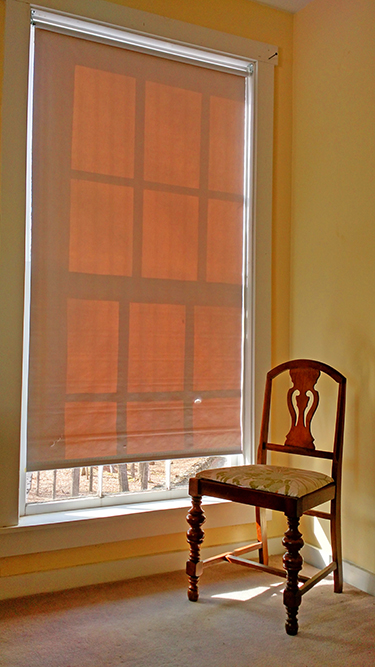
"Don't worry about whether or not you become enlightened — simply pick up the huatou." Huatou in Chinese, literally means "the origin of words," or that which precedes words and language. This refers to the state of the mind before the arising of conceptualization or, more precisely, before the arising of a single thought. Thus, huatou is the source of all words and of all thoughts, the fundamental nature of the mind. But, it is also a method that we use to point directly at this mind while putting aside all other concerns. When we investigate huatou, we utilize questions such as: "What is my original face?" and "What is Wu?" These puzzling, seemingly illogical questions produce a deep sense of self-questioning which is called "the doubt sensation." If you can succeed in penetrating this doubt, you will discover that which you have always had.
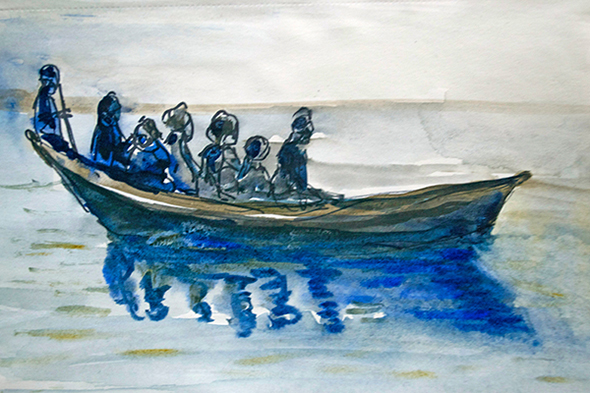
A "Beginner's mind" is a mind open to experiencing life in the present moment, free from preconceived notions and expectations -- a mind open to genuine understanding and self-realization. If you are new to meditation practice, or have never participated in a retreat, this is an ideal way to begin your spiritual journey.
In addition to sessions of seated meditation, this retreat features interactive workshops:
The Art of Sitting
Quintessential instructions on seated meditation in the Chan tradition, also teaches various ways to massage the body. An opportunity for students to ask questions and difficulties relating to practice.
The Art of Walking
Teaches three forms of walking meditation methods: slow walking, fast walking, and natural walk. Very often we take walking for granted. But the art of walking can show us how to open up new possibilities in our experience of the world.
The Art of Questioning
Explores the fundamental question of who we are as human beings through an introduction to the Chan Gong'an (Japanese: Koan) method, which confronts the most fundamental questions of our existence. The quest for meaning is the drive behind all Buddhist practitioners. The format of this workshop is dialogue and discussion.
The Art of Perception
Introduces the Chan direct contemplation method. Practitioners meditate only on sound or sight itself, before judgment, comparison or conceptualization even begins to arise. The format of this workshop may be creative drawing, sound exploration, or dialogue.

PAGE :
10
11
12
13
14
15
16
17
18
19

|
|